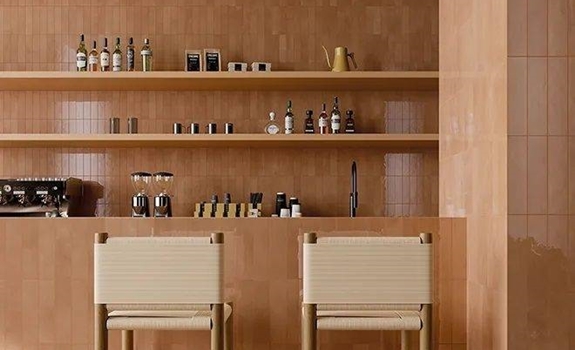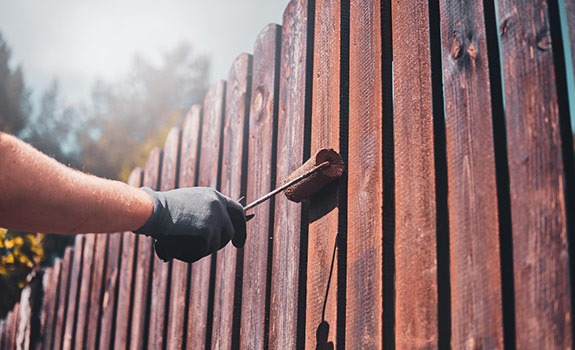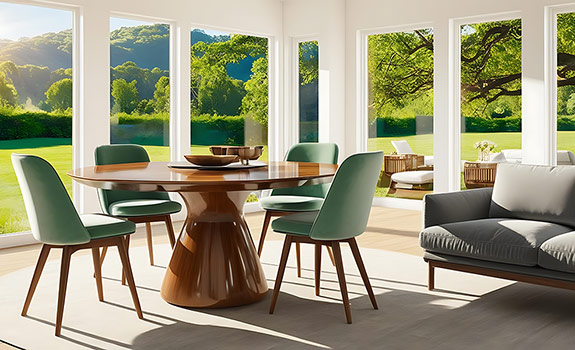We all know that water is becoming less available, especially during our long summers. But cutting back on consumption can be difficult, and have a real effect on wellbeing if it means less gardening, showering, or outdoor activities.
Here are ten ways to save water while still making room for those fun, water-hungry hobbies:

#1 Don’t Be Squeamish About Reusing Water
In modern life, we’ve become accustomed to using clean water for everything and pouring used water straight down the drain. But this wasn’t always normal. In times when water or heating was less available, people reuse their water for multiple tasks.
There’s nothing inherently unsafe or unhygienic about reusing water, as long as you think about the order in which you complete tasks. For example, you could reuse bath water to wash your car or decking, as well as watering your plants.
#2 Soak Your Lawn and Plants
When water restrictions are in effect, it might seem counterintuitive to use extra water on the garden. But saturating plants can actually make them less thirsty in the long run.
Plants that receive a consistent sprinkle of water every few days are less likely to develop strong root systems than those who experience a good soak followed by a period of deprivation. By saturating your plants, you can help them fend for themselves when things get extra dry.
#3 Check Plumbed Appliances for Leaks
The average American home contains a considerable amount of piping to serve everything from toilets and showers to washing machines and home water filter systems. Each time water needs to pass into an appliance or around a corner, pipes need to be fitted together, and every pipe fitting presents a risk of leakage.
Pipe leaks needn’t be dramatic or cause serious damage, so they can go unnoticed for years. If you’re committed to saving excess water for more intentional activities, then spend a day surveying your home’s plumbing. Check casings, fittings, and appliances for leaking water.
#4 Keep a Bottle of Drinking Water in the Refrigerator
If you’re in the habit of running the faucet before filling up your glass to make sure the water’s cold, then try keeping a supply of chilled water ready in the fridge.
You could buy bottled water from the grocery store—however, the bottled water industry is also notoriously wasteful. Instead, invest in a water pitcher filter that fits into your refrigerator, and you can enjoy cool clean water whenever you need it.
#5 Don’t Run Taps
Similarly, when brushing teeth, shaving, washing dishes, or completing other sink-side tasks, it can be tempting to keep the tap running. It might not seem like a big deal, but all that water running straight into the drain builds up over days, weeks, and months.

#6 Switch Some Activities to Early Morning and Late Evening
If you know it’s going to be a hot day and still need to save water, try moving any exerting activity into the cooler hours. Exercise, gardening, dog walking, and running errands are generally not time-sensitive, and performing them as the first or last activities of the day can keep you cooler and hydrated for longer.
If you find yourself missing out on sleep because of your new schedule, you can always take a siesta in the early afternoon.
#7 Garden with Desert and Drought-resistant Plants
Sometimes, it makes more sense to adapt than take other kinds of water-saving measures. If you’re struggling to maintain a lush garden full of non-native plants, it may make more sense to adapt your outside spaces to be more naturally suited to the local climate. Even plants suited to arid desert climates can still make great features in domestic gardens.
#8 Use a Water Softener
If you live in a hard water area, you’ve probably noticed that it can be difficult to lather soaps in the shower and when washing dishes. Plus, the mineral scale that builds on plates and glasses can be difficult to scrub away.
To save water when washing and cleaning, try investing in a water conditioner, which are devices designed to rebalance the makeup of dissolved minerals in drinking water. This should mean that soaps are more effective, allowing you to clean more efficiently.
As an added benefit, your skin and hair will feel softer too!
#9 Drip Irrigate Smaller Gardens
If you have a smaller garden, a water-efficient way to keep plants hydrated is drip irrigation. This process involves staking out tubing that’s pricked with small holes all around your garden beds. By connecting this tubing to an outdoor faucet, you can supply a steady stream of water to a large area in a highly economical way. You’ll also save time watering the garden.
#10 Shift Your Perspective
Finally, one way to save water without compromising your needs is to think carefully about those needs themselves. As our climate continues to change, most of us are faced with hotter, drier summers, and reduced rainfall throughout the rest of the year.
Eventually, we will all need to adapt to this new climate and build a new relationship with water—as a resource to be highly valued and carefully preserved.
Published in: Home advice | Author: Michelle






